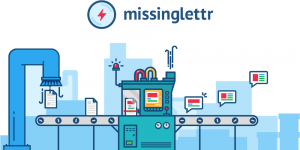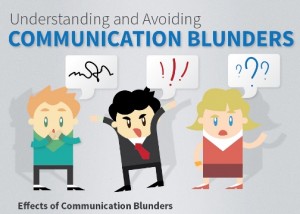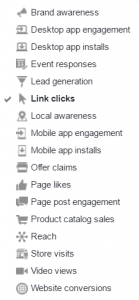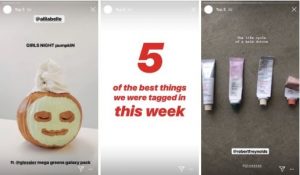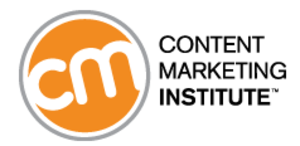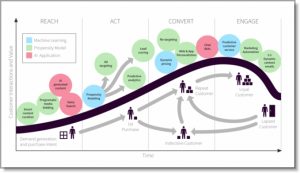Despite the uncertainty in the economy, business must go on and that means bringing in new customers.
Because many businesses have cut back on their advertising budgets, platforms like Facebook and Google have lots of inventory available. That means it’s actually a good time to run an ad campaign if you have cash available.
If you are going to run ads, it’s important to make every penny count, so set yourself up for success with these best practices. Watch the 5-minute video or read on for the tips!
#1 What do you want to sell?
When I ask this question, I’ve had clients tell me, “My services, of course.”
Of course you want to sell your services, but which one?
One of my clients is a translation company that works with a number of industries, including both legal and medical clients. Though ultimately both industries want documents to be translated, the needs of doctors are very different from the needs of lawyers.
If we created a general document translation campaign, it would be so vanilla, it wouldn’t appeal to either set.
What would be more effective is creating a campaign focused on doctors, highlighting specific needs, such as translating medical files or prescription instructions.
#2 Target your audience
If you are selling to a 15-year-old girl, you’d use very different words and images than if you were selling to a 50-year-old man.
Sounds like a no-brainer, yet many businesses start ad campaigns without considering who they are trying to reach.
Even if you have a product that could be useful to both girls and men, a blanket approach is unlikely to stand out, so it’s better to customize your campaigns to target specific groups.
For teenage girls, you might run a campaign on Snapchat and use memes. Whereas, you might do better by reaching men on LinkedIn.
Whether you are advertising on Google or social media, take advantage of the targeting options that will let you hone in the specific people you want to talk to.
#3 Leverage A/B testing tools
Marketing is all about experimentation, and this is especially true when it comes to ad campaigns. In fact, many corporations put a lot of money into focus groups to test out how people will react before they roll out major campaigns.
This isn’t a luxury many small business owners have, but the good news is that most digital ad platforms have tools that allow you to create two or more versions of your ads and compare them to see what’s most effective.
You might test:
- Ad copy: the words you use
- Imagery
- Your audience – is your ad more effective for Operations Managers or HR Directors?
Be sure to take advantage of these tools! I’ve seen too many small business owners put out a single version of their ad, and after disappointing results decide that advertising doesn’t work for them.
It may take several iterations of your ad before you settle on something that works, so when you run a campaign, use a small portion of your budget to test a couple of versions of your ad. Once you understand what works best, you can feel confident putting in more money.
#4 Create a landing page
If you only remember one thing from this article, it should be this: you MUST have a landing page that speaks directly to the thing you are advertising.
Imagine I’ve created an ad for my email marketing services and used a link that takes them to my homepage. Email marketing is not something that is prominently featured on my homepage, so chances are I confused the person that clicked on the ad and they don’t know how to learn more about my email services.
Could they poke around and find email marketing in my service menu? Of course they could. Will they take the time to do this? Probably not.
This is the mistake I see people making most often when they place ads. Even if your ad is on-point and targeted correctly, you may lose the lead if you don’t have a page specific to what you advertised.
#5 Offer free stuff
If you are selling products or services over $ 100, it’s unlikely that someone will buy from you based solely on an ad.
In fact, current studies show that a consumer must be exposed to a company somewhere between 11-20 times before they’ll make a purchase.
That means your landing page should have an easy way to convert any prospects to your email list. Perhaps you do that through:
- Downloadable ebook or checklist
- Quiz
- Discount
- Exclusive video
Once you collect the email address you have the opportunity to communicate with your prospect and help them get to know you so that they will eventually make a purchase.
Interested in learning what signals to look for to track your ads success? Download our guide to the Top 5 Google Analytics Reports You Need.
Digital & Social Articles on Business 2 Community
(43)
